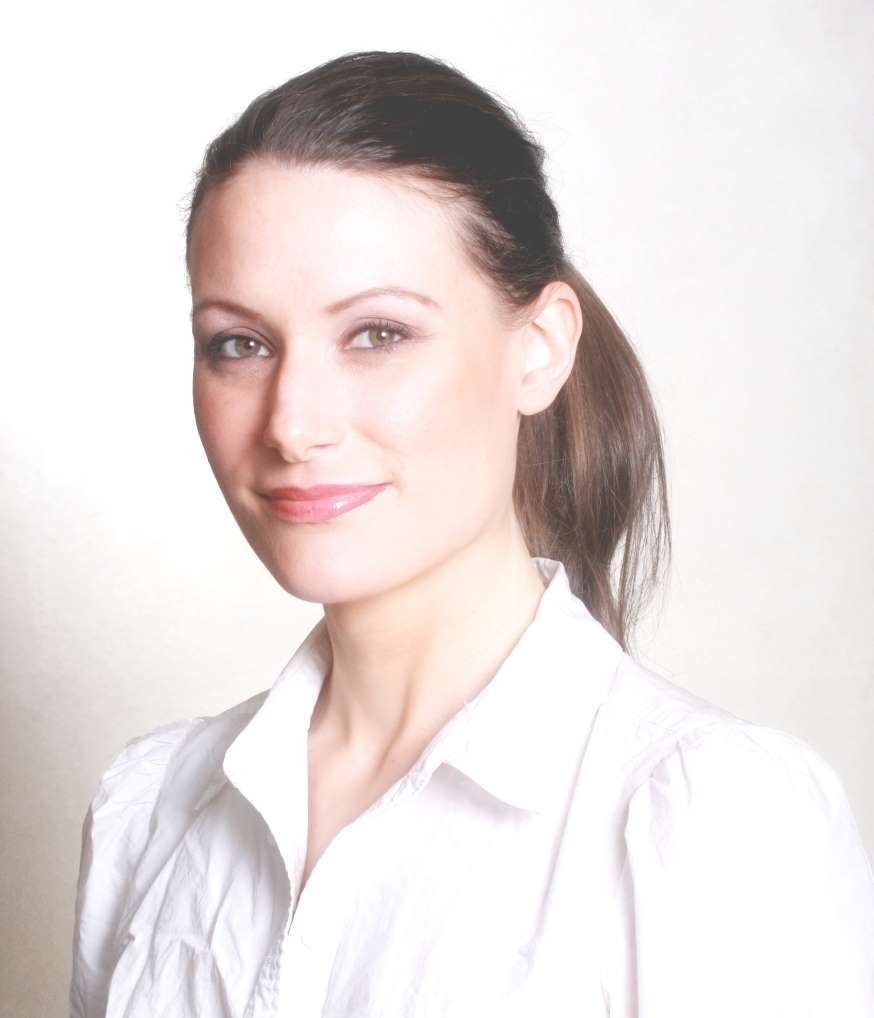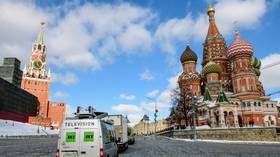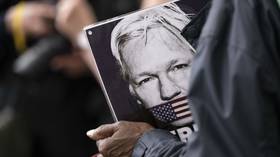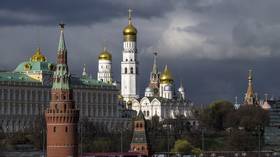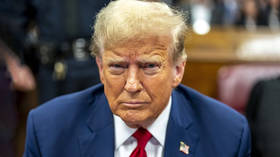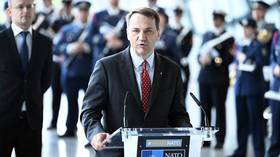The EU adopts a ‘Media Freedom’ law, where ‘freedom’ doesn’t mean what you think it does
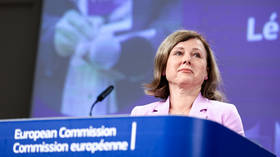
The EU’s new Media Freedom Act has now been voted into law, with 464 votes for, 92 against, and 65 abstentions.
There are some news outlets whose coverage of the vote I’d like to see. Like RT’s, where you’re reading this right now. But anyone who’s viewing this from inside the European Union’s bastion of democracy and freedom is likely doing so via a VPN connection routed through somewhere outside the bloc, to circumvent its press censorship.
Nothing in this new law suggests that this will change, or that there will be increased access to information and analysis for the average person. Such improved freedoms might lead to people making up their own minds rather than having various flavors of a similar narrative served up for mass consumption. As has become par for the course in so-called Western democracies, inconvenient facts and analysis will still be dismissed as “disinformation” and criticism of the establishment still qualified as an effort to sow division – as though dissent itself wasn’t supposed to be proof of a healthy and vibrant democracy.
So, now that we’ve gotten out of the way any hope of lifting the EU’s top-down censorship in the absence of due process, exactly what kind of lip service does this new law pay to the lofty notion of media freedom?
No spying on journalists or pressing them to disclose their sources. Well, unless you’re one of the countries that lobbied to be able to keep doing this – like France, Italy, Malta, Greece, Cyprus, Sweden, and Finland – so basically, a quarter of EU countries. Oh, but they have to invoke national-security concerns in order to do so. Which, as we know, they’re very discerning about. Like, they didn’t at all implement a virtual police state and extend its powers under the guise of fighting a virus with which French President Emmanuel Macron kept saying they were “at war.” Nor did Amnesty International point out the sweeping “Orwellian” trend across Europe, at least as far back as 2017, of exploiting domestic terrorist attacks to permanently embed what were supposed to be extraordinary powers into criminal law, via measures like “overly broad definitions of terrorism.” So, no doubt they’ll be equally reasonable when slapping the “national security threat” label on a journalist whose work they want to peek at.
At least now, under this new law, they do have to fully inform any targeted journalist of the steps being taken against them.
Another thing that changes is that there’s to be a centralized database into which “all news and current affairs outlets regardless of their size will have to publish information about their owners,” according to an EU press release. May we propose a first candidate for that? The NGO Reporters Without Borders has praised this new law as a “major step forward for the right to information within the European Union.” The same NGO also just launched a “Svoboda” (Russian for “freedom”) satellite package eventually consisting “of up to 25 independent Russian language radio and television channels” aimed at Russia, Ukraine, and the Baltics. The launch took place at the EU parliament, in the presence of EU “values and transparency” commissioner (yes, that’s a real title), Vera Jourova, who has said in support of the new media law that “it is a threat to those who want to use the power of the state, also the financial one, to make the media dependent on them.” But she has also said about this new Russia-targeting initiative that the EU state needs to “use all possible means to ensure that their work, that facts and information can reach Russian-speaking people.” This is the same person who advocated in favor of banning Russia-linked media outlets in the EU.
Anyway, you first, guys. Show everyone else how it’s done. Also, does this mean that all financial interests in the form of advertising spending will also have to be declared by corporate media? Because state-backed media platforms are already transparent; it’s the much more discretionary interests underpinning the more commercial platforms that tend to be much less obvious to audiences. Audiences may not know or understand, for example, why a particular corporate media outlet might focus on a particular nation state with softball interviews, travel pieces, and fluffy documentaries, and treating it with kid gloves in news coverage, when in reality the same country is pumping a ton of ad revenues into the place.
In any case, Queen Ursula von der Leyen’s battalion of bureaucratic desk jockeys is set to grow in ranks now with a new “European Board for Media Services” coming online as a result of the new law. Because freedom isn’t going to police itself, pal.
The name itself Media Freedom Act really is the first clue that it’s probably not all that much about freedom. Kind of like how the “European Peace Facility” fund is used to buy weapons, or the “election” of the handpicked EU Commissioner is really just what any normal country would call a confirmation vote.
It’s a pretty safe bet that whenever the EU kicks the virtue-signaling into overdrive, using feel-good language to sell it, the reality is probably the opposite of what’s advertised.
The statements, views and opinions expressed in this column are solely those of the author and do not necessarily represent those of RT.
